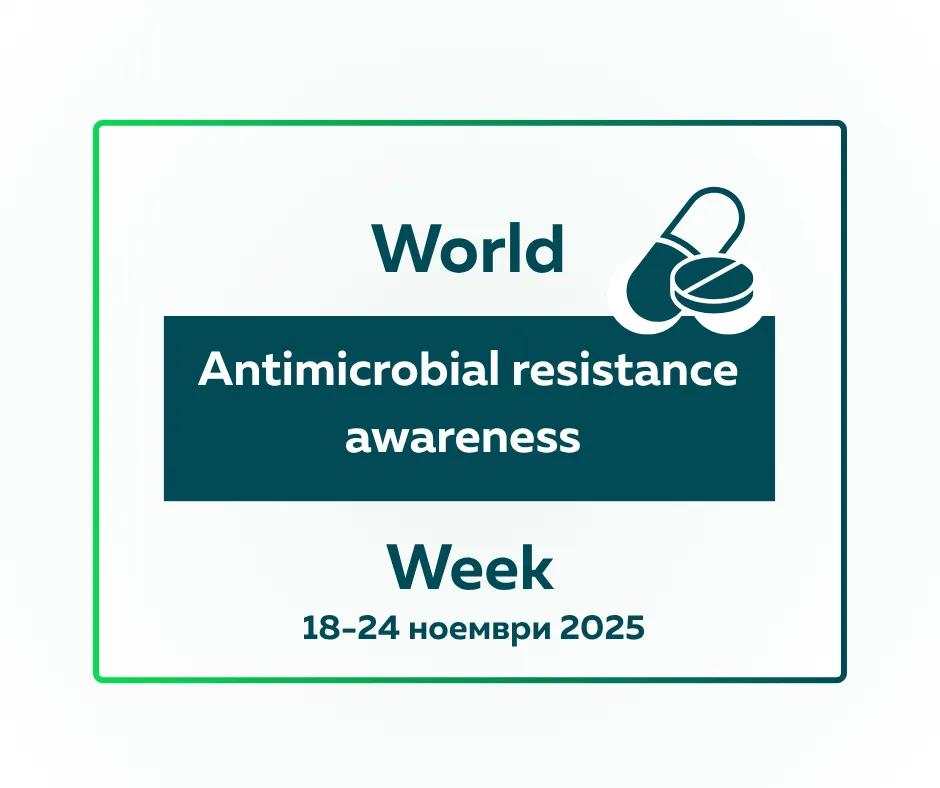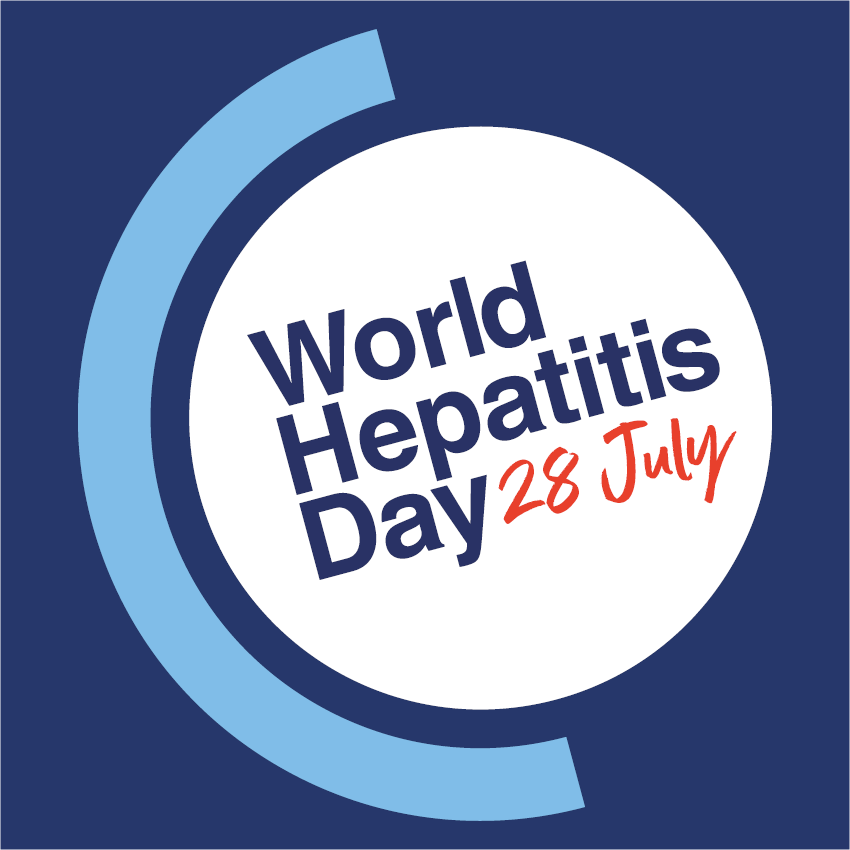World Food Day
.webp)
🌍 World Food Day 2025: Hand in hand for better food and better future
Today, 16 October, we celebrate World Food Day, a global initiative of the Food and Agriculture Organization of the United Nations (FAO).
This day reminds us of our shared responsibility to ensure access to healthy and nutritious food for all people around the world, no matter where they live.
Theme for 2025: “Hand in hand for better food and better future”
The theme highlights the need for global collaboration between governments, organizations, schools, families and communities to build sustainable, inclusive and environmentally responsible food systems.
The goal is clear — to create a world where every child grows up healthy, with access to clean, varied and nutritious food, while preserving the planet's natural resources for future generations.
Balance between extremes
Today, humanity faces a profound paradox — while millions of people suffer from lack of food and malnutrition, others struggle with overnutrition, obesity and food waste.
The FAO notes that Only 34% of children between the ages of 6 and 23 months worldwide meet the minimum nutritional standards for vitamins and minerals.
This statistic highlights how important it is to instill a culture of nutrition from an early age — because it is healthy eating in childhood that is a fundamental factor in physical, mental and emotional development.
🥦 Healthy eating — an investment in the future
Food is more than a source of energy — it is Basis for health, knowledge and a sustainable future. Healthy eating means choosing Conscious, diverse and responsibleFor yourself, your children, and the planet.
- A varied and balanced diet— Include fruits, vegetables, whole grains, protein from quality sources (meat, fish, eggs, legumes, nuts), as well as healthy fats. Such an approach provides the full spectrum of vitamins, minerals and fiber needed for growth, concentration and strong immunity — especially important for children in the period of active development.
- Focus on plant foods- Plant products are the heart of sustainable nutrition — they support the health of the body and at the same time save nature. Fruits, vegetables, legumes and nuts are rich in fiber, vitamins, antioxidants and natural energy that:
- improve digestion;
- protect against chronic diseases;
- promote concentration and vitality in children.
- Limit processed products and added sugars.Excessive consumption of industrially processed foods, fast snacks, sweet products and carbonated drinks leads to energy imbalance, obesity and metabolic disorders, especially in children. Choose natural and minimally processed foods by reading labels and avoiding unnecessary additives.
- Hydration- Water is an indispensable element of life — it regulates body temperature, helps digestion and absorption of nutrients. Teach children to drink enough water and recognize their body's signals of hunger and satiety.
- Conscious eating- Practice mindful eating — no screens, no rush, with attention to taste, aroma and feel. Thus, eating becomes a ritual of care and respect — for oneself and nature.
💚 Remember: every choice of the table is a choice for the future. When we choose clean, natural and seasonal food, we invest in the health of children, in the well-being of society and in the sustainability of the planet.
👧🏻 Children are the heart of change
If we want a healthier and more sustainable future, we must start with the children.
Education on nutrition, agriculture and sustainability is key:
- Let's teach children to value food — where it comes from, how it's grown, and why it's important to share it.
- Let schools and familiespromote local and seasonal nutrition.
- Let's support access to clean, safe and nutritious foodfor every child, anywhere in the world.
-
🌱 Take action: the small steps that change the world
1. Choose a variety of food— Strives for a rich and balanced diet, full of vitamins, minerals and flavors from all food groups.
2. Share and support your communityGet involved in local initiatives, donation campaigns or school projects promoting access to nutritious food.
3. Eat locally and seasonally— prefer products grown near you, in accordance with the season. This is how you support local producers and save nature.
4. Educate and inspireEncourage children and young people to learn about where food comes from, how it is grown and why it is important to value it.
5. Better food creates a better worldEvery choice we make at the table is a step towards a healthier, fairer and more sustainable future.
World Food Day reminds us that the path to eradicating hunger, malnutrition and food waste is through united action — at all levels and across all generations.
Every choice we make matters. Let us together, hand in hand, build a world in which every child has a chance to grow up healthy, strong and full.


.webp)
